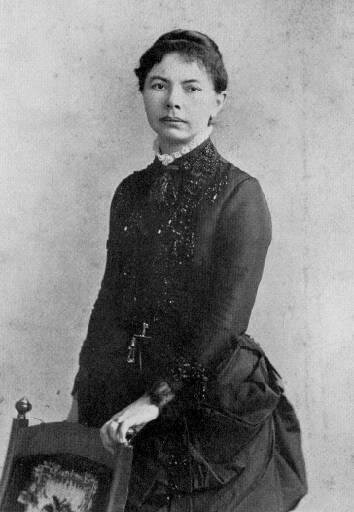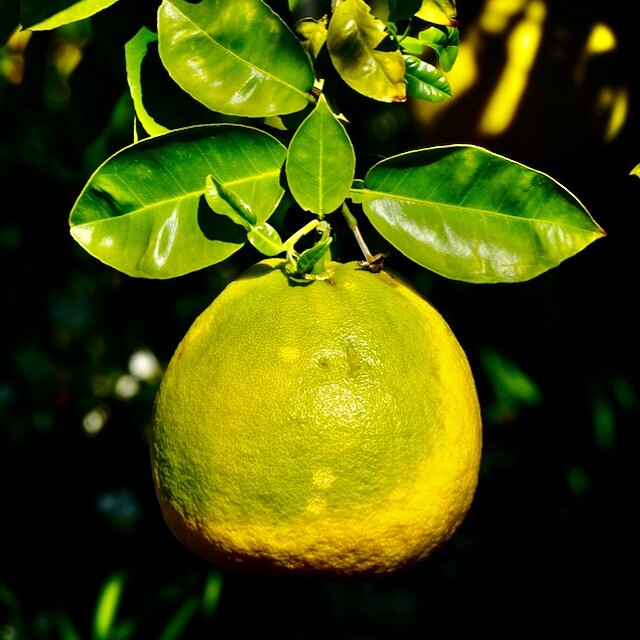
Claude Bernard | French Physiologist | 1813-1878
“Reasoning will always be correct when applied to accurate notions and precise facts; but it can lead only to error when the notions or facts on which it rests were originally tainted with error or inaccuracy. That is why experimentation, or the art of securing rigorous and well-defined experiments, is the practical basis and, in a way, the executive branch of the experimental method as applied to medicine.”

Sarah Frances Whiting and the “Photography of the Invisible” | Physics Today
““Near the end of her career, she reflected on “the somewhat nerve-wearing experience of constantly being in places where a woman was not expected to be, and doing what women did not conventionally do.”

On the Great and Terrible Hurricane of 1938 | Lit Hub
“Forecasts possess no intrinsic value. They acquire value through their ability to influence the decisions made by users of the forecasts”.
Allan H. Murphy, Wea. Forecasting (1993) 8 (2): 281–293.

Maria Ylagan Orosa and the Chemistry of Resistance | Lady Science
“As a humanitarian, she believed knowledge was something to share, not sell. “When you start an experiment, finish it and write the results for others to use,” she often told her assistants. Her erasure was completed by corporations, who commodified her scientific contributions without acknowledging their origins.”

Darwin, Expression, and the Lasting Legacy of Eugenics | The MIT Press Reader
“As a man of science, he set out to analyze the visual difference between types, which is to say races. While Darwin’s scientific contributions remain ever significant, it’s worth remembering he was also a man of his era — privileged, white, affluent, commanding — who generalized as much as, if not more than, he analyzed, especially when it came to objectifying people’s looks.”

Casimir Funk Introduced us to Vitamins | COSMOS Magazine
“A century later, although we may find limitations in Casimir’s theory, this does not detract from his genius, or his influence on medical thinking and his role in founding the vitamin industry.”

Clamshell Currency | Hakai Magazine
“The thought of having to go for four days without readily available cash shocked Americans. Around the country, businesses began issuing IOU-style notes or ersatz dollars—often called scrip currency—in the form of metal or wooden tokens so that everyday transactions could continue even when retailers couldn’t easily issue change to customers. In Pismo Beach, however, locals turned to a different resource: the shells of the Pismo clam, a large, edible clam once plentiful in the coastal waters of central California.”

Rosalind Franklin's Legacy Celebrated With Commemorative 50p Coin | King's College London
“The coin has been designed by Royal Mint graphic designer David Knapton. Inspired by the historical injustice of the failure to credit Rosalind Franklin’s role in determining the structure of DNA, David uses the printing techniques of the era to restore her rightful legacy. “

The History of Cheating Death: A Timeline of Cryonics | BBC Science Focus
“In the 1960s and 1970s, cryonics pioneers struggle to maintain the temperature of their frozen patients. Bedford is the only person frozen in this era who remains frozen today.”

How 19th Century Scientists Predicted Global Warming | JSTOR Daily
“But the road to understanding climate change stretches back to the tweed-clad middle years of the 19th century—when Victorian-era scientists conducted the first experiments proving that runaway CO2 could, one day, cook the planet.”

The Dr. Strange of the American Revolution | Nautilus Blog
“Rush was a founder of American psychiatry. As a scientist, he was fascinated by mental illness; as a doctor, he was horrified by its treatment. Where most saw the workings of God or demons in the manners of the mentally ill, Rush saw malfunctioning parts. It was no sin to be deranged. The mentally afflicted deserved sympathy and sophisticated care.”

The Computer Scientist Who Can’t Stop Telling Stories | Quanta Magazine
“The contest officials had identified approximately 2,000 words they could expect, but Knuth found more than 4,700. He was rewarded with a spot on television and chocolate for his entire class. He would go on to win many more accolades, including the first ACM Grace Murray Hopper Award, the National Medal of Science and the A.M. Turing Award.”

Isaac Newton and the Perils of the Financial South Sea | Physics Today
“Brilliant scientists have been known to do foolish things, but Isaac Newton’s financially disastrous moves during the South Sea Bubble of 1720 are a particularly remarkable blunder. “

Model Victorians | The Royal Society Blog
“With little understanding of the life-cycle and needs of such creatures and with miserable temperatures in London, it is little wonder that the calf didn’t survive. Frank Buckland made two casts and one was seen in the following year by zoo visitor Mark Twain.”

A Brief History of Ventilation | Wellcome Collection
“Today, medical professionals would recognise this technique as a tracheotomy. Vesalius’s experiment demonstrated the power of mechanical ventilation – though it would not be incorporated into widespread medical practice for several more centuries. This was partly due to the fact that doctors did not yet fully understand the purpose of respiration.”

Would a Book Lie? | Distillations | Science History Institute
Louis XIV and his advisers—specifically, Jean-Baptiste Colbert—saw danger in free expression. There were an uncomfortable number of small print shops with only one or two presses that were difficult to keep tabs on and, when idle, might resort to unregulated printing of heterodox or politically incendiary tracts. The government’s strategy was to consolidate printing in a smaller number of larger print shops, the reasoning being that the larger ventures would be easier to regulate and their owners would have more to lose and thus less incentive for unauthorized printing.”

Sicko Doctors | The Public Domain Review
“To understand why this was the case, we might take a closer look at the above-excerpted review, which uses a metaphorical doctor to evoke a real ethical question that obsessed Americans at the time: the appropriate way to relate to other people’s suffering.“

The First English Female Aerial Traveller | Science Museum Blog
“For herself, Letitia Ann Sage felt ‘more happy, and infinitely better pleased with my excursion, than I ever was at any former event of my life’. Evidently, her neighbours were equally captivated: “The door is never quiet a single instant’”
Air Conditioning Wasn’t Invented to Provide Comfort to Human Beings | IEEE Spectrum
“Air conditioning was devised not for comfort but for industry, specifically to control temperature and humidity in a color printing factory in Brooklyn. The process required feeding paper into the presses a number of times, once for each of the component colors, and the slightest misalignment caused by changes in humidity produced defective copies that had to be thrown away.”
Are Ghosts Haunting the British Museum? | 1843 Magazine
“Sometimes it’s the doors. To complete a full circuit of the museum more than 3,000 doors need to be opened and closed. Some of these, particularly ones that seal off the major galleries, are cumbersome to shut. But when bolted, they won’t open again without a tussle. Except when they do.”